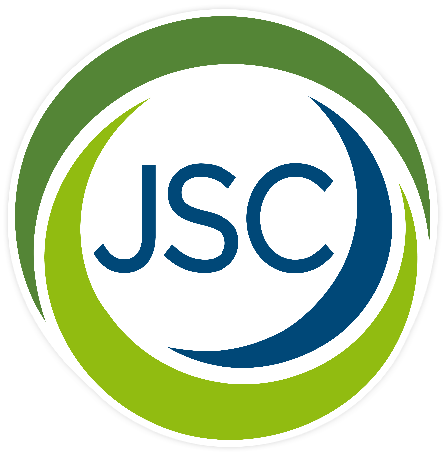Population health management may be losing its novelty buzz, but the quest to improve it remains as significant as ever. Despite its various definitions, it’s important to note that population health is not just the overall health of a population, but also includes the distribution of health services. Population health strives to identify opportunities that meet the needs of individuals within a population—and that’s where Nurse Practitioners (NPs) come in. NPs already play an extremely important role in improving outcomes and measures for population health management, and under the right legislation, their role could be even greater.
Last year, a report issued by the Kaiser Family Foundation offered a potential solution to one of the greatest hurdles in healthcare—the primary care physician shortage. The foundation proposed that the growing number and effective integration of NPs into our healthcare system could help alleviate pressures on primary care capacity. That’s because according to estimates by the U.S. Department of Health and Human Service’s Health Resources and Services Administration, the number of primary care NPs is expected to increase by 30% by 2020. So, indeed, the effective utilization of NPs can improve outcomes, lower healthcare costs, and expand patient access to care—but only if their practice environments allow it.
When NPs are granted rights to full practice care, they are essentially capable of providing care equivalent to a physician. The problem? Each individual state in the US has the ability to determine the scope of treatment capacity which NPs can provide when seeing patients. And currently, NPs are only grated rights to full practice care in less than half of US states. In states where full practice care is not granted, restrictive laws unnecessarily limit the supply of healthcare services by requiring NPs to work with physicians under a written practice agreement, or under other reduced terms depending on the state in which they are practicing.
Removing scope-of-practice restrictions nationwide would effectively grant full practice authority for NPs in every state—and access to care could be improved significantly. Though there will always be limits to the type of care NPs can provide, the Kaiser report estimates that they could manage 80–90% of care provided by primary care physicians. Conceivably, NPs could spend less time complying with scope-of-practice requirements (e.g., conferring with supervisory physicians) and more time caring for patients. Likewise, physicians might also spend less time overseeing NPs work and be able to reinvest this time in patients presenting with more complex health conditions, thereby improving access to care.
As America’s health-care system continues to be afflicted by substantial disproportions, it’s clear that NPs can play a crucial role in correcting those pitfalls — and perhaps introducing some cost savings while they’re at it. While many states have taken action by granting NPs rights to full practice care, the trend must be adopted nationwide in order to harness our qualified NPs full potential and make strides towards improving population health nationwide.




